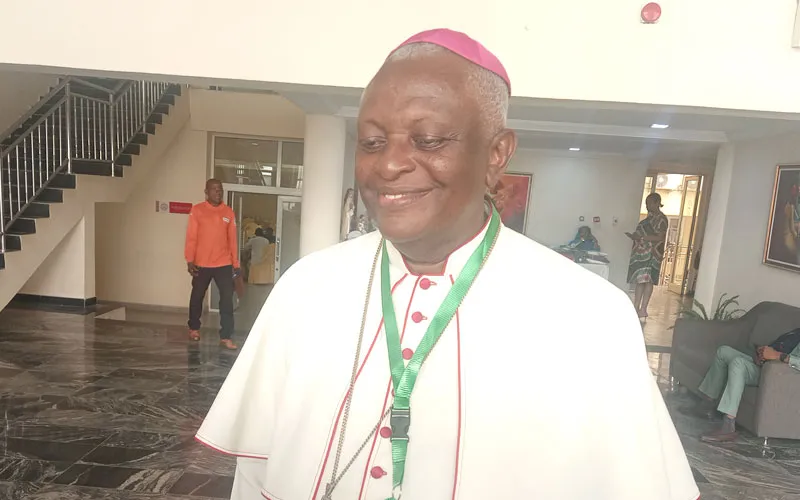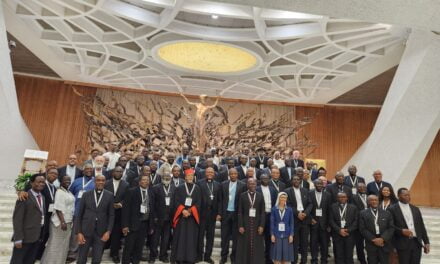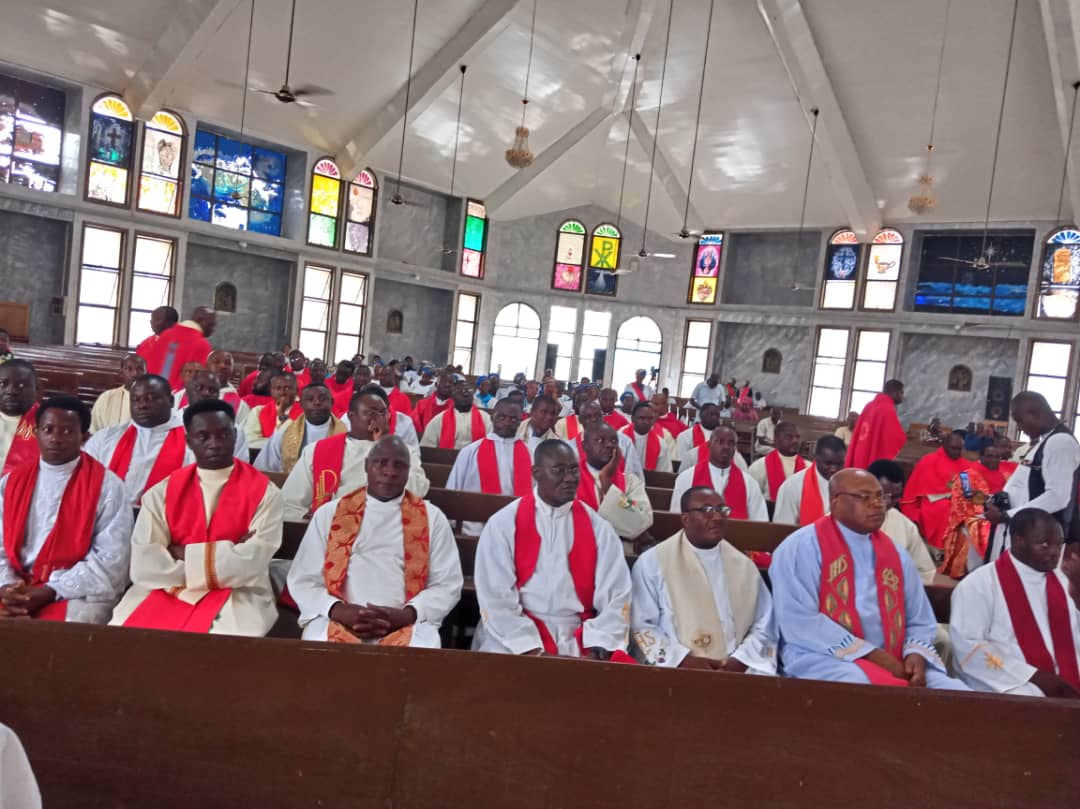In the heart of the majestic Eastern region of Ghana, a silent yet fierce struggle unfolds. Two environmental scourges threaten the health of rivers and the purity of groundwater: illegal mining and the proliferation of plastic waste. Faced with these colossal challenges, an innovative response has been initiated at the academic level with the establishment of the University of Environment and Sustainable Development (UESD) in Somanya.
Founded by presidential decree in 2015 and opening its doors in 2020, the UESD embodies hope for a greener future for our nation. Its essential mission is to educate a new generation of leaders, equipped with knowledge and skills, to become agents of change in the crucial field of environment and sustainable development.
During a recent pastoral visit followed by the correspondent of RECOWACERAO NEWS AGENCY (RECONA) in Ghana, Joseph Kwaku Afrifah-Agyekum, the Bishop of Koforidua, issued a poignant appeal to voters. He urged them to demand responsible environmental policies from political parties as the election campaign is in full swing ahead of the general elections on December 7. “The election campaign has begun. If given the opportunity, I will ask the candidates about their sustainable environmental policies,” said Bishop Afrifah-Agyekum.
At the heart of this demand lies an urgent and persistent problem: mining, both legal and illegal. Artisanal gold mines have a devastating impact on our fragile ecosystems. Rivers, once a source of life, are now contaminated by toxic substances such as mercury and arsenic, used to extract gold from rocky sediments. These poisoned waters threaten not only the health of our population but also our cultural heritage. As Bishop Afrifah-Agyekum emotionally emphasized, “As Akyem, we used to say, ‘Akyemkwa onum birem nsuo,’ meaning we drank water from the Birim River. Can we still say that today?”
Furthermore, mining activities have led to a significant decrease in agricultural land. According to a study by the Ghanaian University of Tarkwa, between 1986 and 2006, agricultural land use decreased by 15.45%, mainly due to land conversion for mining activities and other purposes. This loss of fertile land threatens the food security of our nation and the livelihoods of thousands of farming families.
But mining is not the only environmental scourge plaguing Ghana. Plastic pollution is also a major challenge. According to a United Nations study, only 5% of the 1.1 million tons of plastic waste generated each year are recycled. Plastic waste, especially single-use products, invades our rivers, soils, and oceans, threatening biodiversity and human health. Although persistent, this crisis can be mitigated through increased awareness, recycling, and stricter regulations.
In the face of these challenges, the UESD plays a crucial role in training environmental leaders and promoting innovative solutions. By collaborating with governments, businesses, and civil society, we can create a future where economic prosperity harmonizes with the protection of our precious environment. As we enter an era of unprecedented environmental challenges, Ghana rises to meet the challenge.
- RECOWA-CERAO WELCOMES TWO NEW BISHOPS - July 26, 2024
- TODAY WE ARE TAKING UP THE THIRD SEGMENT IN OUR SERIES - July 26, 2024
- CHARACTERISTICS OF GREAT LEADERS SHARED BY A USA AUTHOR - July 25, 2024







